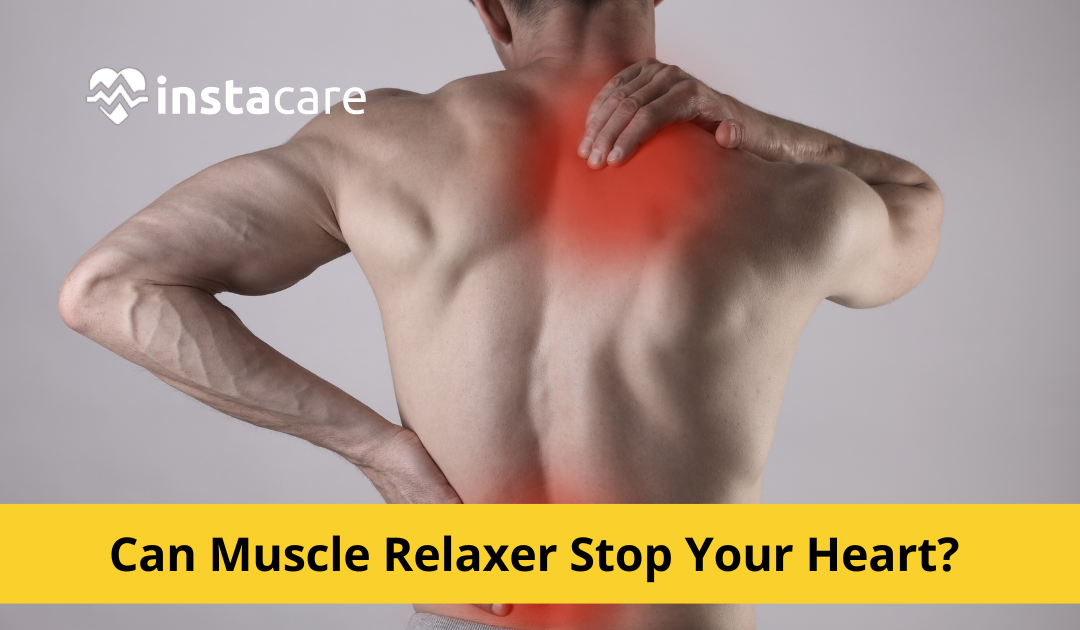Muscle relaxants are medications used to treat acute muscle pain and caused by muscle spasms. Muscle spasms happen when a muscle or a group of muscles contract uncontrollably and cannot relax and are often associated with conditions such as neck pain and lower back pain.it is also a drug that affects skeletal muscle function and decreases muscle tone. It may be used to alleviate symptoms such as spasms, pain, and hyperreflexia.
List of muscle relaxants
Muscle relaxants are categorized into two categories based on how they work and what symptoms they treat most effectively. they are classified as Anti spasticity drugs or antispasmodic drugs or both.
Anti-spasticity muscle relaxants are generally used to treat involuntary muscle movements caused by cerebral palsy, or spinal cord and brain injuries.
Antispasmodic drugs are better for relieving muscle pain due to uncontrolled muscle contractions.
Common muscle relaxants
Muscle relaxants are usually prescribed to treat back pain and physical therapy. Common muscle relaxants include:
- Baclofen
- Benzodiazepines
- Carisoprodol
- Chlorzoxazone
- Cyclobenzaprine
- Dantrolene
- Metaxalone
Do I need a muscle relaxer?
If you have neck or back pain or dealing with some other condition that causes muscle spasms, having a muscle spasm means that one or more muscles are contracting and twitching or cramping out of control. Sometimes it's very painful. Your doctor might first suggest you try an over-the-counter medicine to treat your pain. But if it doesn't work you can't take them because you have another issue like liver problems or ulcer, you might have to take a muscle relaxants.
Side effects
No matters what kind of muscle relaxer you take, it is common to have side effects. The most common side effects are:
- Dizziness
- Dry mouth
- Fatigue or weakness
- Depression
- Decreased blood pressure
- Headache
- Nervousness
Muscle relaxer abuse
Muscle relaxers have the potential for abuse and addiction. Prolonged use can lead to increased tolerance and physical dependence, especially with soma3. Unfortunately, many individuals take muscle relaxers alone or in combination with other illicit drugs for nonmedical reasons, such as to procedure or enhance feelings of euphoria and dissociation.
View More: 5 Best Cardiologist in Lahore
Muscle relaxer danger or overdose
Muscle relaxer abuse can lead to serious dangers such as an increased risk of overdose, which can result in:
- Stuper
- Hallucinations
- Seizures
- Shock
- Death
- Coma
Alcohol and muscle relaxer
Like muscle relaxer alcohol also depresses the central nervous system. When alcohol is consumed with muscle relaxer the side effects are exacerbated. This can be dangerous, leading to symptoms like:
- Liver damage
- Fainting
- Low blood pressure
- Blurred vision
- Memory problems
Can muscle relaxer stop your breathing?
It can slow the rate of breathing and depth a person breathes while sleeping. Muscle relaxant may influence respiration by depressing the respiratory center. Taking too many muscle relaxers at one time or taking them with other sedatives like alcohol or sleep aids can cause a person to stop breathing.
What happens if you take muscle relaxer too long?
If you take muscle relaxer too long, the use of these drugs to a maximum of 2 weeks, since they have not been shown to work for muscle spasms beyond that duration and they can cause side effects of falls, fractures, abuse, dependence and overdose.
Can heart patients take muscle relaxers?
Heart patients should not use cyclobenzaprine if you have a thyroid disorder, heart block, congestion heart failure, a heart rhythm disorder, or you have recently had a heart attack.
Muscle relaxation for stress and insomnia
Progressive muscle relaxation is a deep relaxation that has been effectively used to control stress and anxiety, relieve insomnia, and reduce symptoms of certain types of chronic pain. It is based on the simple practice of tensing or tightening. Doctors have used Progressive muscle relaxation in combination with standard treatments including headaches, cancer pain, high blood pressure, etc.
Conclusion
The study found as the contraction level increased, the relaxation response time became longer than the contraction response time regardless of light status. Skeletal muscle relaxants represent a diverse pharmacotherapeutic group of medication across several chemical classes that are structurally dissimilar. These agents are effective for skeletal muscle spasms or both. Because of the breadth of pharmacologic and variable pharmacokinetics, the drugs have a huge range of AEs and drug potential. These results suggest that the length of each response time is affected by motor control in the higher-order brain and involves specific processing in the visual system.
If you are facing a Hypertension issue and you want to consult with the best Cardiologist in Pakistan to book an appointment through Instacare.
Source: https://instacare.pk/blog/can-muscle-relaxer-stop-your-heart











